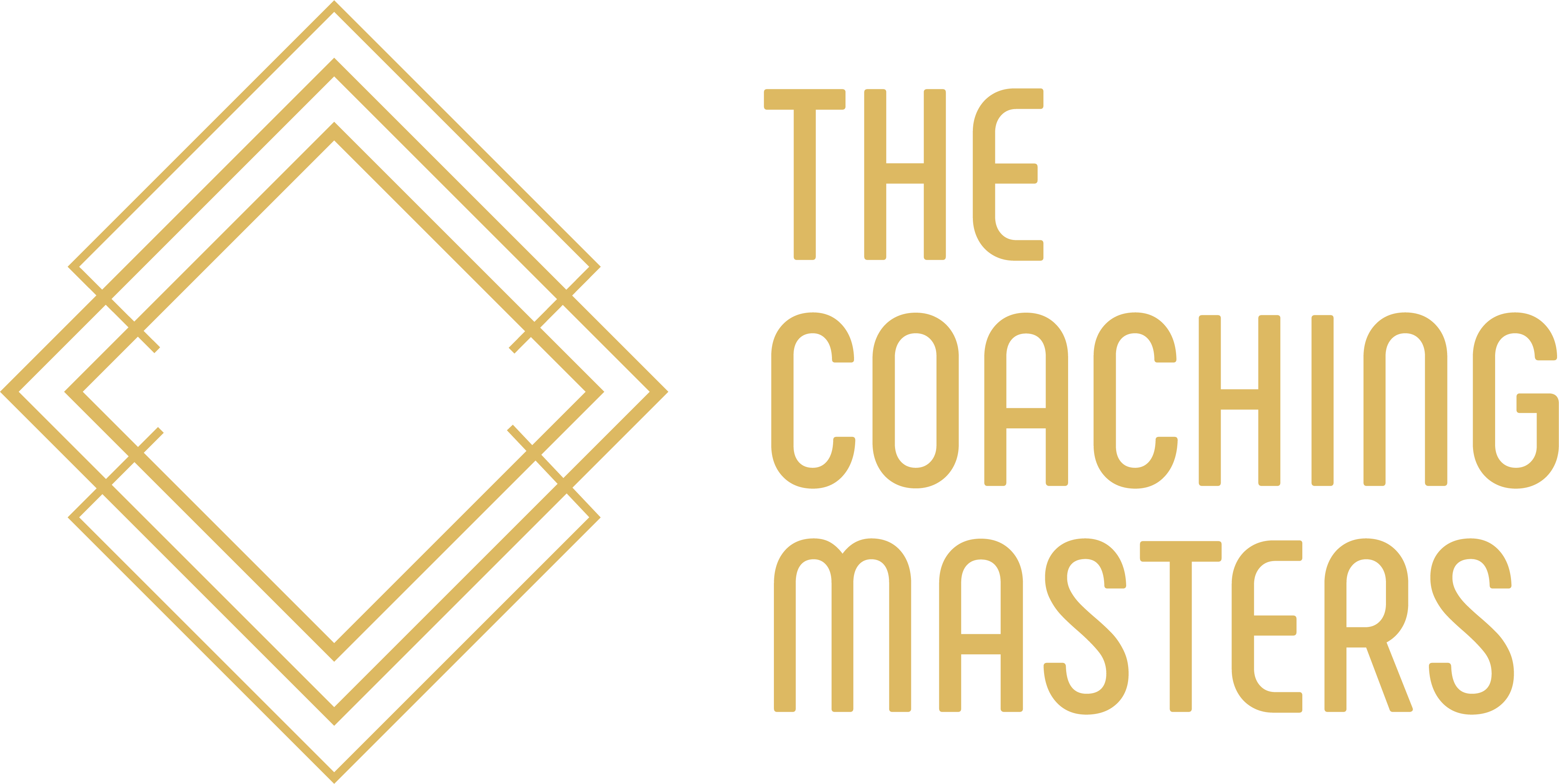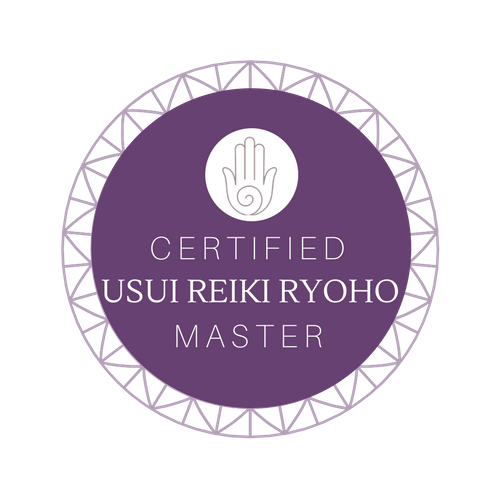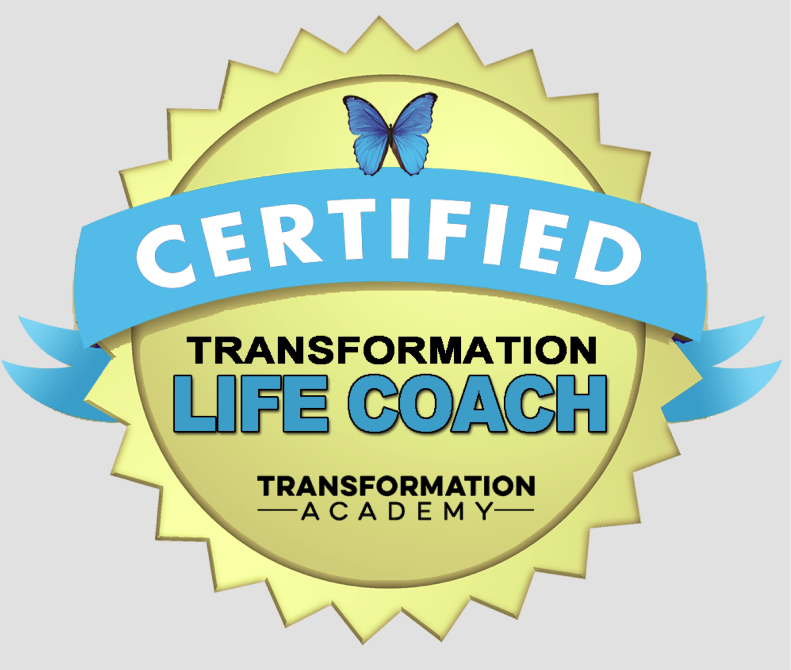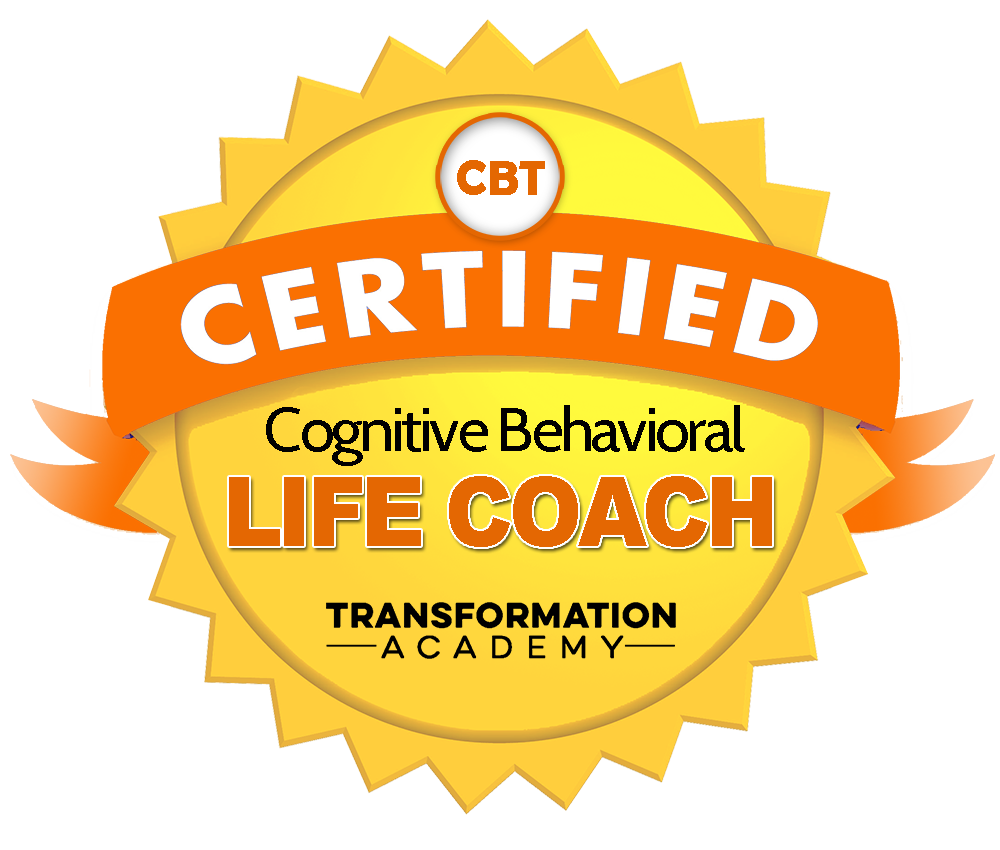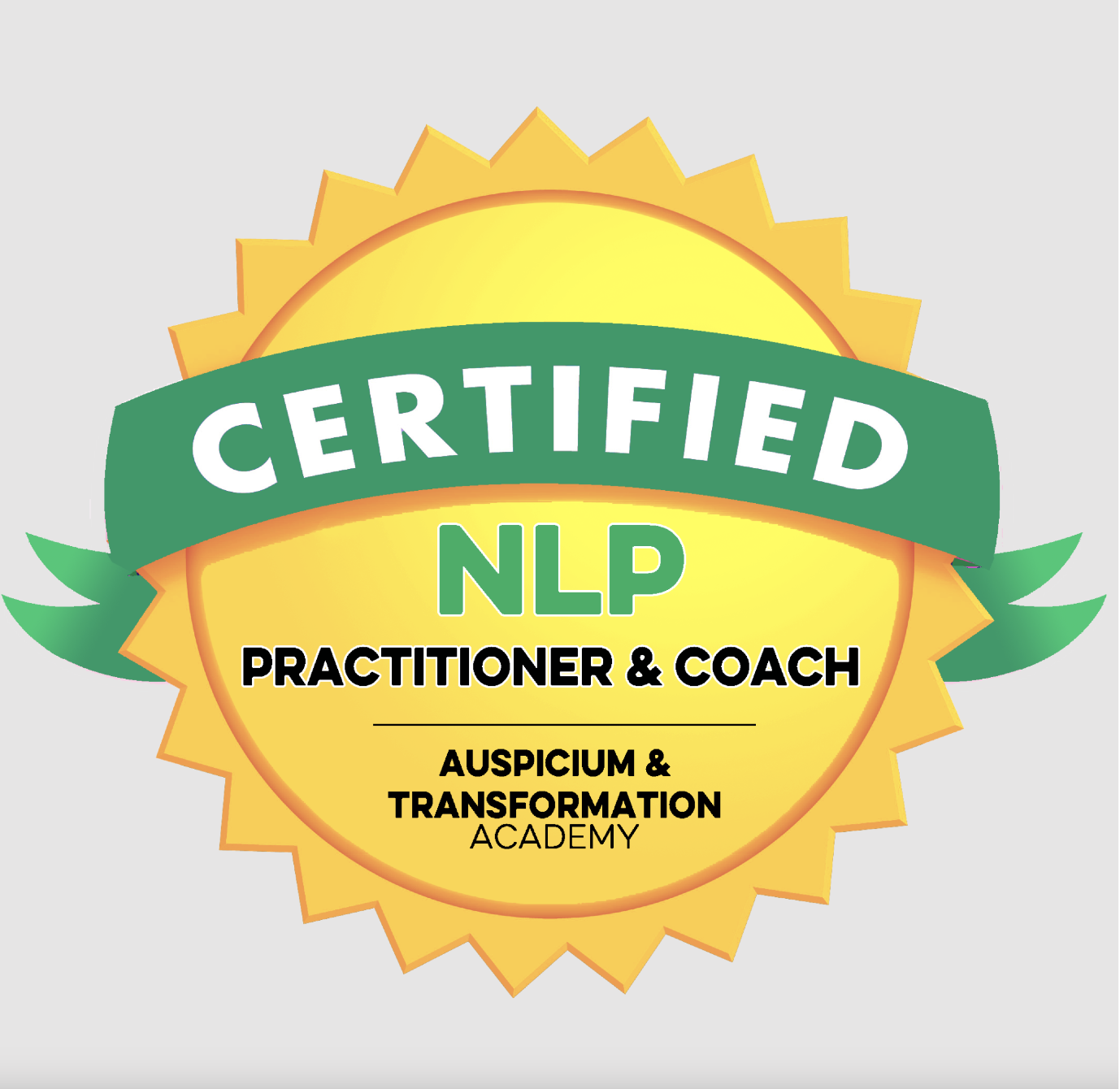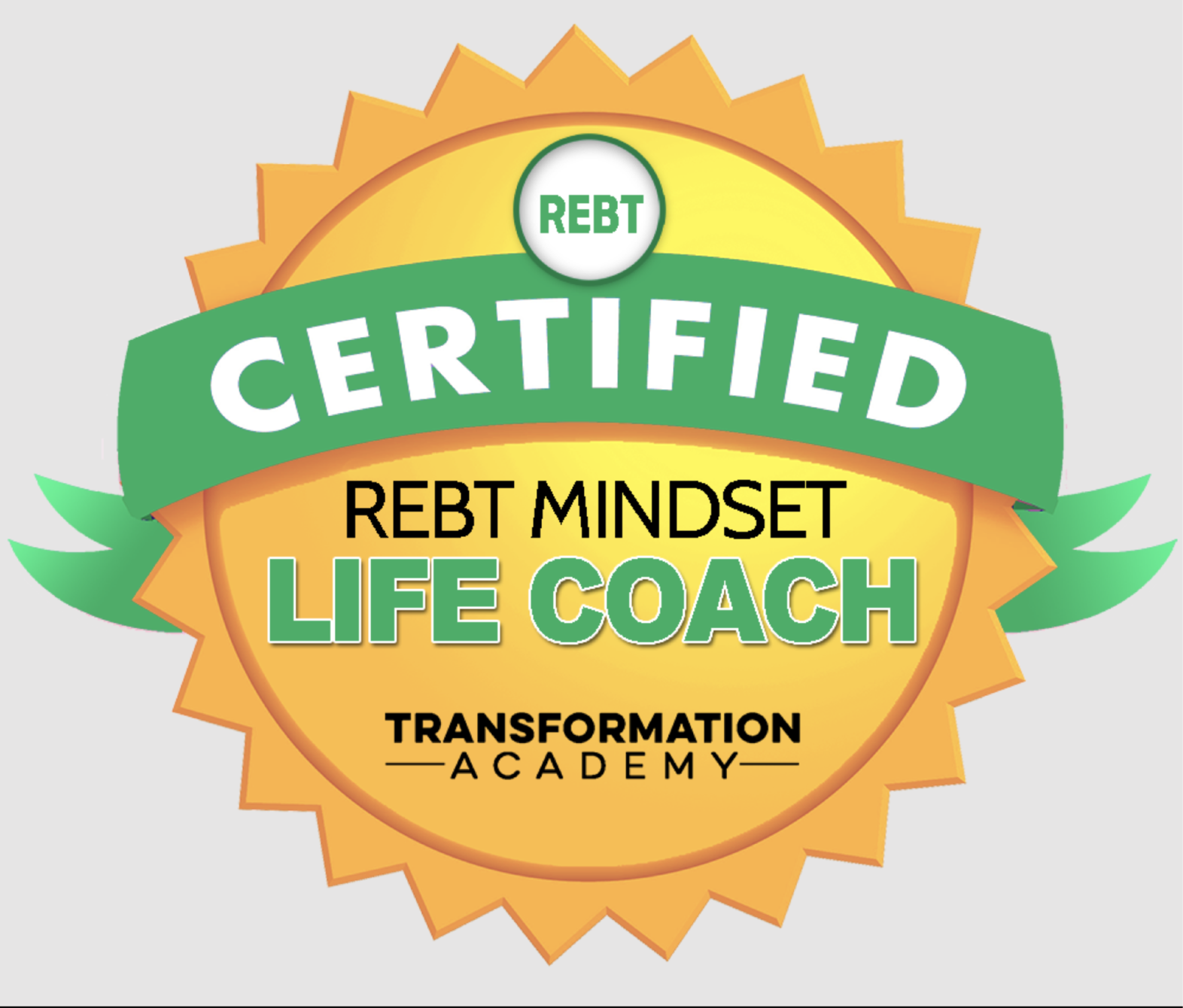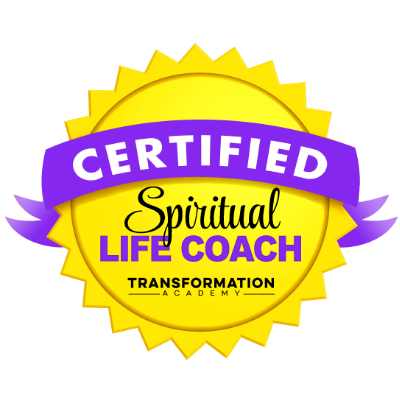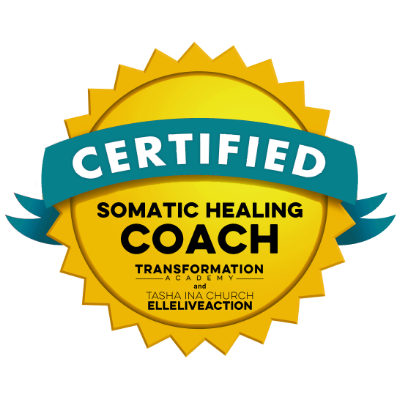The Cost of Anger: How Negative Emotions Drain Our Time, Energy, and Humanity

The Nature of Anger and Its Widespread Impact
Anger is a universal human emotion. It's a natural response to perceived threats, injustice, pain, or frustration. In moderation, anger can be a healthy and motivating force—prompting us to address wrongs, stand up for ourselves, and set necessary boundaries. But when anger turns volatile, controlling, or habitual, it becomes destructive. This destructive anger—expressed through shouting, violence, manipulation, or passive aggression—not only harms the target but also the one who carries it.
In modern society, we see anger play out in increasingly harmful ways. Domestic violence, road rage, workplace conflict, online bullying, and political polarization are all reflections of unmanaged anger. On a global scale, acts of terrorism, war, and systemic oppression also root themselves in deep-seated rage, often fanned by historical grievances or ideological extremism. As a result, anger has evolved from a private emotion into a public crisis, costing lives, destroying relationships, and destabilizing communities.
A Case Study in Global Anger: The Aftermath of September 11
The events of September 11, 2001, serve as a tragic example of how unchecked anger and vengeance can devastate not just individuals, but the entire world. Fueled by ideology and long-standing resentments, a group of men carried out an act of terror that claimed thousands of innocent lives. Their actions, though horrifying and universally condemned, were deeply rooted in perceived injustices and ideological rage.
In the wake of the attacks, the United States responded with military force, launching a war on terror that spanned decades and multiple countries. While some military objectives were met, the long-term consequences included civilian casualties, economic burdens, and a generation of individuals traumatized by violence and displacement. What might have happened if anger had not driven both sides of this tragic conflict? Could diplomacy, understanding, or alternative responses have saved lives and led to different outcomes?
While the answers are complex, one truth remains clear: when anger dictates our decisions, especially on a national or global scale, the repercussions can be catastrophic and long-lasting.
How Anger Consumes the Individual
Beyond its global impact, anger takes a deep personal toll on those who carry it. When we dwell in anger, we waste precious mental and emotional energy on grievances—both real and perceived. The more we stew in resentment or replay hurtful events, the more time we lose that could be spent healing, learning, or growing.
Anger also affects our bodies. Prolonged anger has been linked to numerous health problems, including high blood pressure, heart disease, headaches, anxiety, and weakened immune function. Emotionally, anger erodes our capacity for empathy, reduces our problem-solving abilities, and makes us more reactive than reflective.
Furthermore, anger rarely leads to resolution. While it may feel powerful in the moment, anger often results in broken relationships, missed opportunities, and deep regret. And because it doesn’t address the root causes of pain or conflict, it traps us in a cycle of reactivity, never allowing us to move forward.
The Connection Between Anger, Mental Health, and Substance Abuse
Many people who struggle with chronic anger also wrestle with underlying mental health conditions such as depression, anxiety, PTSD, or unresolved trauma. Anger becomes a coping mechanism—a way to shield vulnerability or distract from pain. Unfortunately, rather than solving these problems, anger exacerbates them.
Substance abuse is another common companion to unmanaged anger. Alcohol and drugs may seem like an escape from emotional turmoil, but they often amplify anger, leading to aggressive behavior, poor judgment, and legal or relational consequences. In this way, anger and addiction become mutually reinforcing, creating a dangerous loop that is difficult to break without support.
Recognizing anger as a symptom—rather than the problem itself—is an essential step in healing. Often, underneath rage lies sadness, fear, insecurity, or a sense of powerlessness. When we dig deeper, we can begin to address the real issues and release the anger that’s weighing us down.
Anger as a Social Epidemic
While anger is a personal emotion, its ripple effects are social and systemic. One person's rage can escalate into family dysfunction, school violence, or workplace toxicity. Multiply that across communities and you begin to see why anger feels like it's "ruling the world."
We see this in rising crime rates, increasing political division, and growing intolerance across cultures and ideologies. Social media has intensified the spread of anger, giving people a platform to lash out anonymously, stir outrage, or reinforce echo chambers that amplify aggression rather than understanding.
If we are to make meaningful progress as a society, we must address the collective anger that permeates our systems—through education, empathy, and open dialogue. Teaching emotional intelligence and conflict resolution skills in schools, workplaces, and public discourse can foster a more peaceful, resilient society.
Transforming Anger: From Destruction to Empowerment
While anger can be toxic, it also contains the seeds of transformation. When we harness anger wisely, it can become a catalyst for positive change. Think of civil rights movements, survivors who become advocates, or whistleblowers who confront injustice. In each case, anger is channeled through courage, discipline, and vision rather than impulsive aggression.
Here are several strategies for turning anger into empowerment:
- Pause and Reflect: When anger arises, take a step back. Breathe deeply. Ask yourself: What am I really feeling? What triggered this? What outcome do I want?
- Express, Don’t Explode: Communicate your feelings assertively but respectfully. Use “I” statements to avoid blame (e.g., “I felt hurt when…” instead of “You always…”).
- Seek Support: Therapy, coaching, or anger management groups provide tools to help you identify patterns and learn healthy coping mechanisms.
- Channel Energy Constructively: Use physical activity, art, writing, or advocacy to process emotions and make a difference in your community.
- Forgive, Release, and Let Go: Forgiveness doesn’t mean excusing harmful behavior. It means choosing peace over bitterness and reclaiming your mental space.
Getting Help for Anger
If you or someone you know struggles with chronic anger, it’s essential to seek help early. There are many resources available, including:
- Anger Management Classes: These group-based programs teach communication, emotional regulation, and stress reduction techniques.
- Mental Health Professionals: Psychologists, counselors, and social workers can help uncover the deeper causes of anger and offer therapeutic support.
- Substance Abuse Programs: If addiction is part of the problem, integrated treatment that addresses both anger and substance use is essential.
- Community Support: Churches, nonprofits, and online forums often offer peer-led support groups that can provide understanding and accountability.
It’s important to remember that anger is not a sign of weakness—it’s a signal that something needs attention. With the right support, anyone can learn to manage their emotions and reclaim control over their life.
In Summary
Anger is a natural human emotion, but when it spirals out of control or becomes our default reaction to life’s challenges, it consumes far more than just time—it robs us of peace, relationships, and opportunities for growth. Whether on a personal or global scale, unresolved anger has the power to derail progress and create suffering. However, when we learn to understand, manage, and redirect our anger, we unlock the potential for healing, empowerment, and meaningful change.
By embracing emotional awareness and seeking healthier ways to cope, we can transform anger from a destructive force into a tool for self-discovery and transformation. In doing so, we not only improve our individual well-being but also contribute to a more compassionate and balanced world.
Click the link below to book your free clarity call or free virtual coffee chat.
Grab a copy of our newletter by completing the form below, this will then be sent to your inbox every month.
My Affirmation For The Week
"Creativity is contagious. Pass it on."
